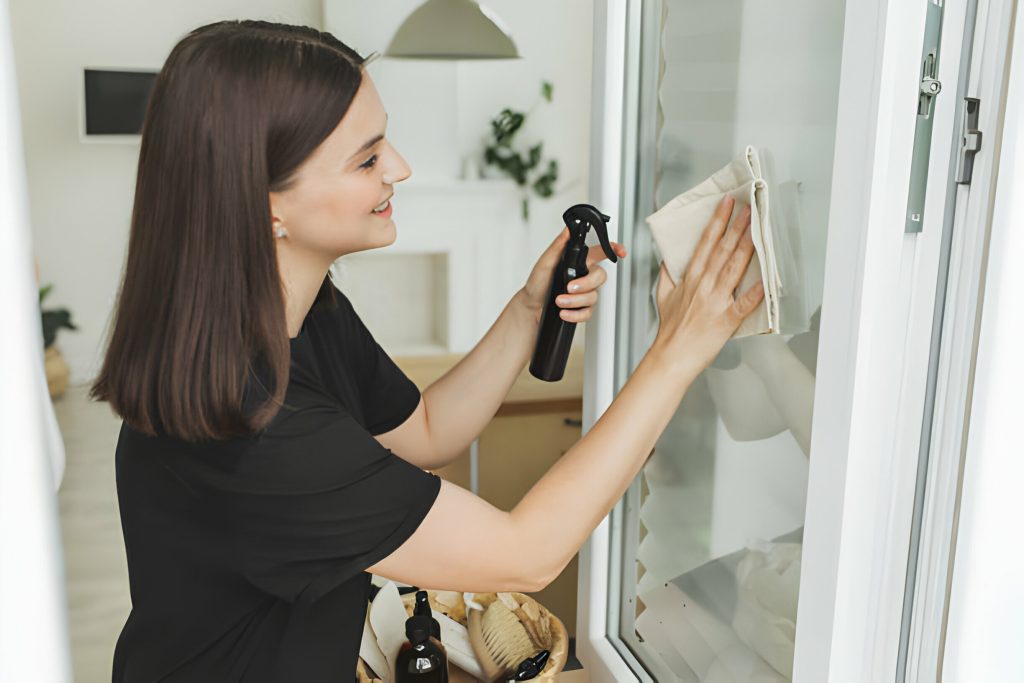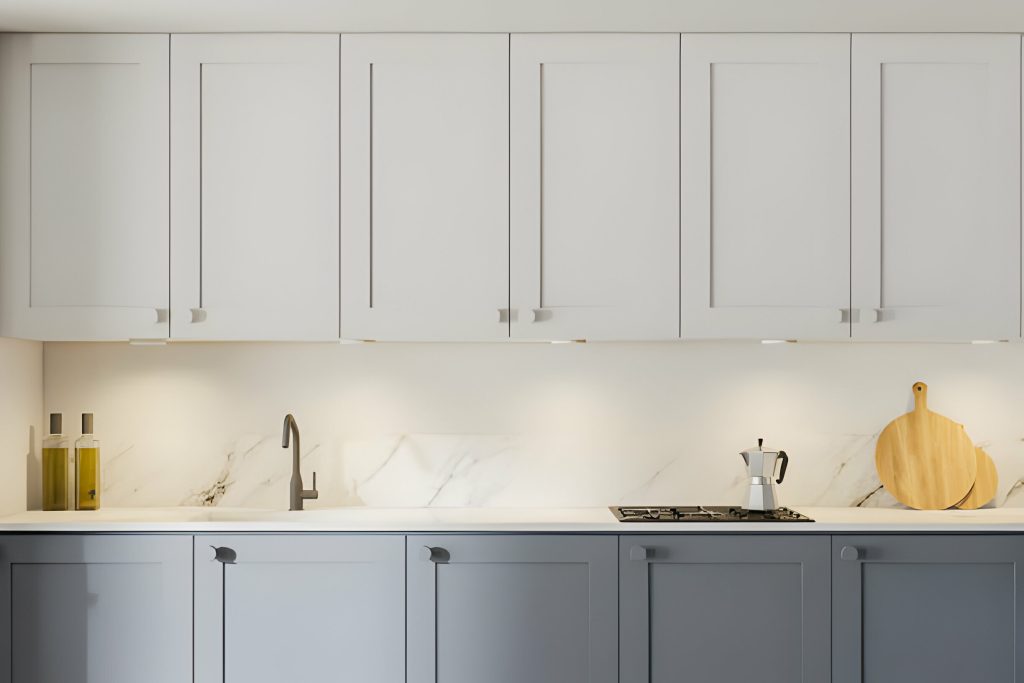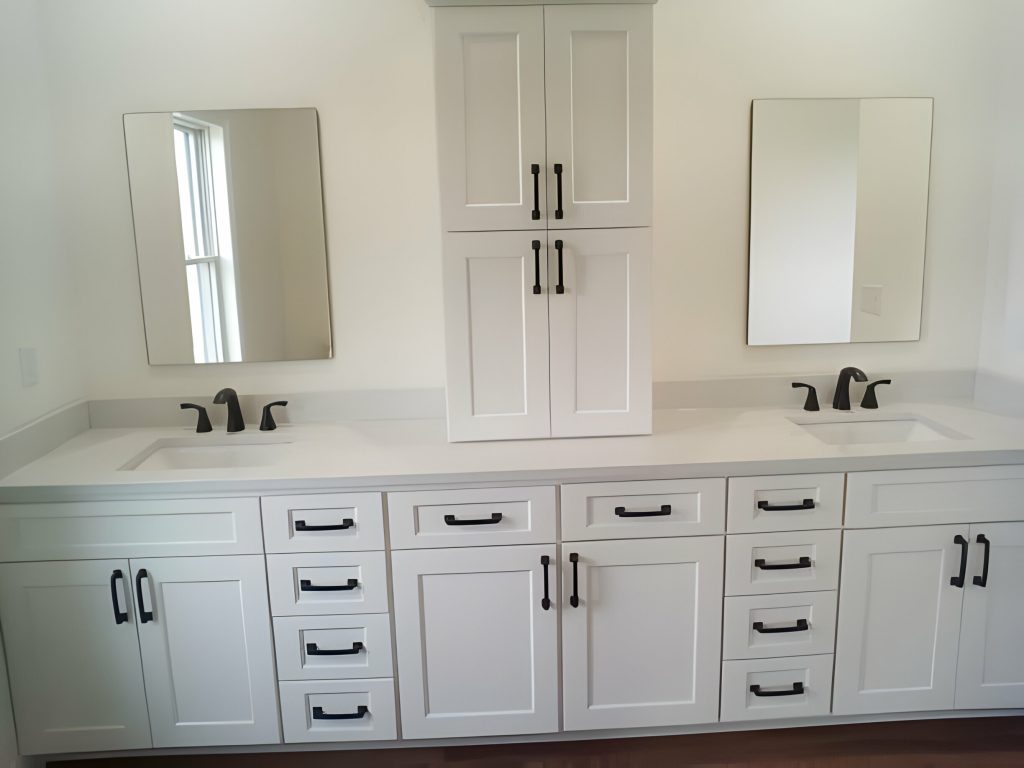With just one ingredient, you can achieve sparkling clean glass. That’s right, vinegar is the secret weapon for a streak-free shine. In this article, we explore whether vinegar is the best glass cleaner. We’ll weigh the pros and cons, share tips and tricks, and compare it to store-bought cleaners. Get ready to see your reflection in your windows like never before.
The Effectiveness of Vinegar as a Glass Cleaner
Vinegar is a versatile and effective cleaning agent for all types of glass. When it comes to removing hard water stains, vinegar is highly effective. Simply mix equal parts vinegar and water, apply it to the stained area, and let it sit for a few minutes before wiping it clean. For glass cooktops, vinegar is a safe and efficient cleaning solution. Mix equal parts vinegar and water, apply it to the cooktop, and wipe it clean with a cloth. When cleaning glass shower doors, vinegar can be used along with a sponge or scrub brush to effectively remove soap scum and mineral deposits. To preserve the shine of antique glass, mix vinegar with water and gently wipe the surface. And for foggy windows, create a homemade solution by mixing vinegar with warm water and using it to restore clarity.
Pros and Cons of Using Vinegar to Clean Glass
When using vinegar to clean your windows, you should be aware of its strong aroma and potential to dull certain surfaces. However, vinegar offers several benefits as a natural and eco-friendly cleaning alternative. Here are some pros and cons of using vinegar to clean glass:
Pros:
- Vinegar is a cheap and easily accessible cleaning agent.
- It is non-toxic and safe to use around children and pets.
- Vinegar is versatile and effective on any type of glass.
- It provides a streak-free appearance when used properly.
- Using vinegar in your cleaning solutions reduces the use of harmful chemicals.
Cons:
- Vinegar has a harsh aroma, but essential oils can be used to mask the smell.
- It may dull certain surfaces, so avoid using it on shiny materials like granite or marble.
- While effective for general cleaning, vinegar may not be the best anti-grease agent.
Vinegar as a Versatile and Non-Toxic Cleaning Agent
Using vinegar as a cleaning agent offers a versatile and non-toxic solution for various surfaces in your home. Not only is vinegar an effective glass cleaner, but it can also be used for household cleaning, kitchen cleaning, and bathroom cleaning. If you’re looking for vinegar alternatives or vinegar-cleaning hacks, you’ll find that vinegar is a cost-effective and easily accessible option. While it may have a harsh aroma, you can use essential oils to mask the smell. However, it’s important to avoid using vinegar on shiny surfaces like granite or marble, as it may dull the surface. Overall, vinegar is a safe and effective cleaning agent that can be used to achieve a streak-free appearance on different types of glass.
Tips and Tricks for Using Vinegar to Achieve Streak-Free Windows
To achieve streak-free windows, make sure to buff in a circular motion with a dry cloth. Here are some tips and tricks for using vinegar to achieve streak-free windows:
- Vinegar and Essential Oils:
- Add a few drops of essential oils, like lemon oil, to your vinegar and water solution for a fresher scent.
- Essential oils also have cleaning properties that can enhance the effectiveness of vinegar.
- Vinegar for Outdoor Windows:
- Use vinegar and warm water to clean outdoor windows, especially ones that are exposed to dirt and grime.
- Vinegar helps remove stubborn stains and leaves your windows sparkling clean.
- Vinegar and Dish Soap:
- Mix vinegar and dish soap to create a powerful cleaning solution for tackling tough grime and grease on windows.
- The combination of vinegar and dish soap helps break down and remove stubborn dirt.
- Vinegar and Rubbing Alcohol:
- For extra stubborn spots, mix vinegar with rubbing alcohol to create a stronger cleaning solution.
- Rubbing alcohol helps dissolve and remove tough stains and grime from windows.
- Vinegar for Removing Hard Water Stains:
- Vinegar is highly effective in removing hard water stains from windows.
- Simply soak a cloth in vinegar and place it on the affected area for a few minutes, then scrub away the stains.
Vinegar Vs. Store-Bought Glass Cleaners: a Comparison
Contrary to popular belief, store-bought glass cleaners may not always be the most effective option for achieving streak-free windows. When comparing vinegar to ammonia-based cleaners, vinegar comes out on top. Not only is vinegar a cost-effective alternative, but it is also a natural solution for glass cleaning. Adding a few drops of essential oils can provide a pleasant scent while maintaining a streak-free finish. For tough window grime, combining vinegar with dish soap creates a powerful cleaning solution. And for those stubborn spots, vinegar and rubbing alcohol form the ultimate solution. So, before reaching for that store-bought glass cleaner, consider using vinegar as a homemade alternative. It’s affordable, versatile, and provides excellent results for achieving streak-free windows.
Vinegar as a Natural and Eco-Friendly Alternative for Glass Cleaning
When comparing store-bought options to a natural alternative, vinegar emerges as a cost-effective and eco-friendly solution for achieving streak-free windows. Vinegar’s impact on the environment is minimal compared to chemically-laden glass cleaners. It is a natural disinfectant, making it a safe option for cleaning mirrors and other glass surfaces. Vinegar is also effective in removing hard water stains, which can be a challenge for many other cleaners. Moreover, vinegar is a pet safe cleaning solution, ensuring the safety of your furry friends while keeping your windows sparkling clean. So, next time you reach for a glass cleaner, consider using vinegar for a natural, eco-friendly, and pet-safe option.
Vinegar as a Cleaning Agent for Different Types of Glass Surfaces
For different types of glass surfaces, you can use vinegar as a versatile and effective cleaning agent that removes toothpaste from bathroom mirrors and gunk off windshields. Vinegar is not only great for mirrors, but it can also be used to clean shower doors, car windows, eyeglasses, and glass cooktops. Simply mix equal parts of vinegar and water in a spray bottle, spray the solution onto the glass surface, and wipe it clean with a microfiber cloth or paper towel. The acidity of the vinegar helps to break down the grime and leave the glass sparkling. So, whether you’re dealing with toothpaste splatters in the bathroom, fingerprints on your car windows, or smudges on your eyeglasses, vinegar is a reliable and affordable solution for all your glass cleaning needs.
The Best Combinations: Vinegar and Other Ingredients for Window Cleaning
To achieve optimal results, you can enhance the cleaning power of vinegar by combining it with other ingredients when cleaning your windows. Here are the best vinegar combinations for window cleaning:
- Vinegar and rubbing alcohol: This combination is great for tackling stubborn spots and providing a stronger cleaning solution.
- Vinegar and dish soap: Adding dish soap helps in removing tough grime, especially on exterior windows.
Using Vinegar to Clean Vehicle Windows: Dos and Don’ts
Using vinegar alone or in combination with other ingredients is a safe and effective way to clean the windows of your vehicle. Vinegar is a natural cleaner that is non-toxic and versatile, making it a great choice for auto glass cleaning. It provides a streak-free appearance and is safe to use around children and pets. However, there are some dos and don’ts to keep in mind when using vinegar on car surfaces. First, protect surrounding areas with towels or blankets to prevent any potential damage. Second, only apply the vinegar and water solution directly to the window and avoid using it on other parts of the car. Lastly, consider alternative natural cleaners such as baking soda or ammonia for tougher jobs. By following these tips, you can achieve streak-free results and keep your vehicle windows clean and sparkling.
Troubleshooting: Common Issues and Solutions When Using Vinegar as a Glass Cleaner
If you’re experiencing an unpleasant odor while cleaning with vinegar, essential oils can help mask the smell. Here are some troubleshooting tips to address common issues when using vinegar as a glass cleaner:
- Vinegar residue:
- Rinse the glass with water after cleaning to remove any leftover vinegar.
- Use a microfiber cloth to buff the glass and remove any residue.
- Vinegar smell:
- Add a few drops of essential oil, such as lemon or lavender, to the vinegar solution for a fresher scent.
- Ventilate the area by opening windows or using fans to help dissipate the smell.
- Streaks:
- Ensure that you are using a lint-free cloth or paper towel to wipe the glass.
- Consider using alternative cleaning agents like lemon juice or baking soda for tough stains.
Remember to tailor your cleaning approach based on the specific glass surfaces you are cleaning, whether it’s household mirrors and shower doors, office windows and storefronts, or outdoor patio and car windows.





